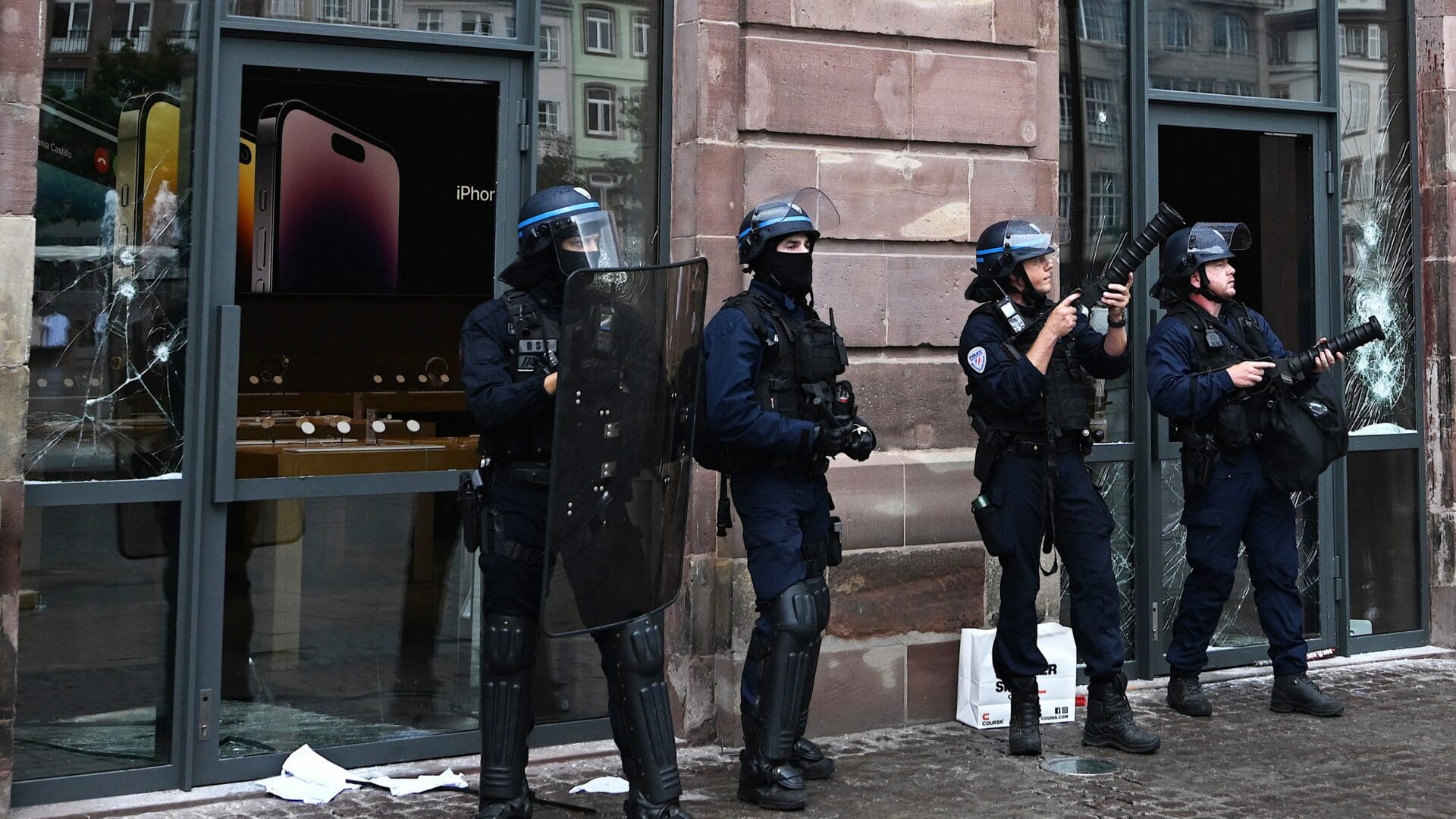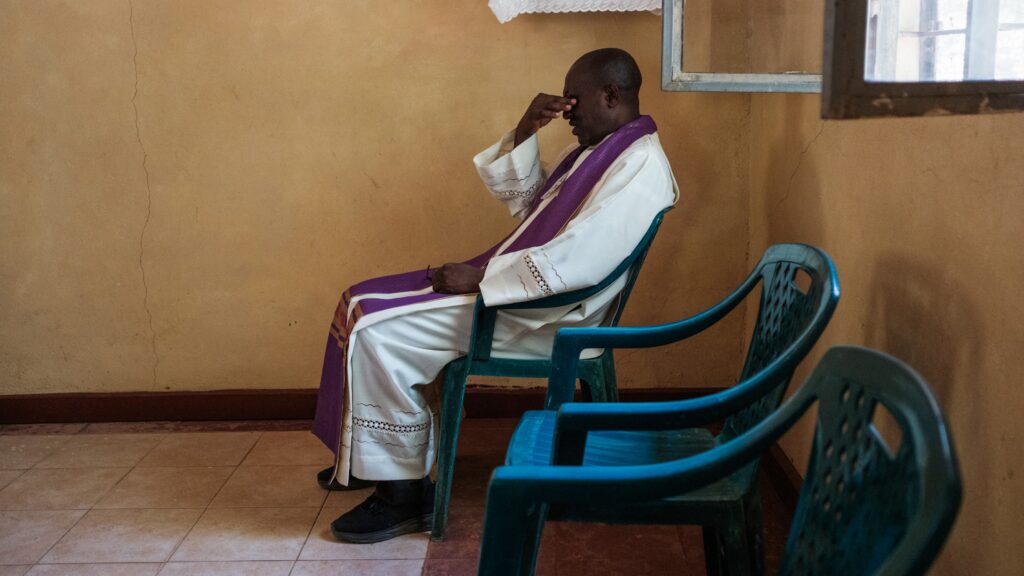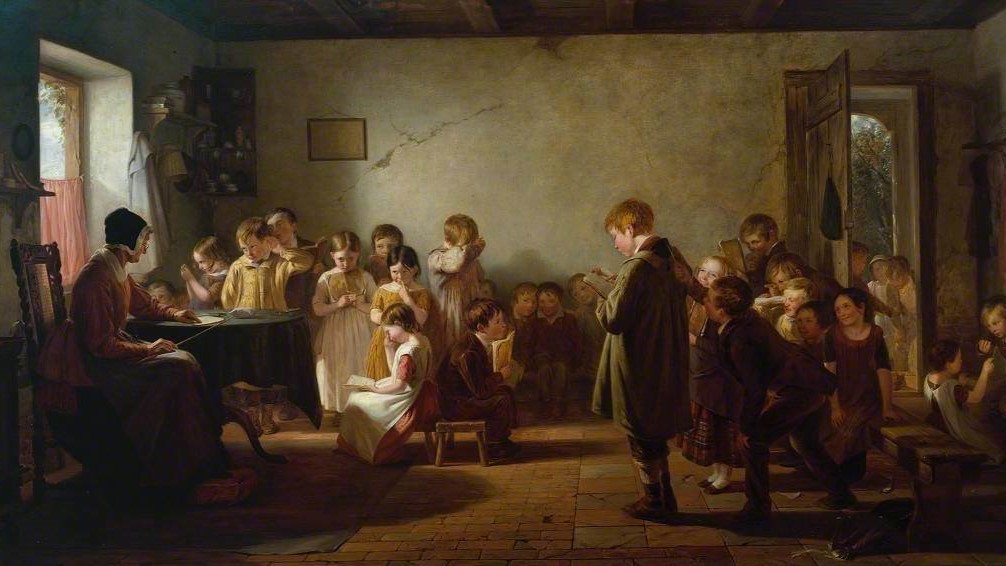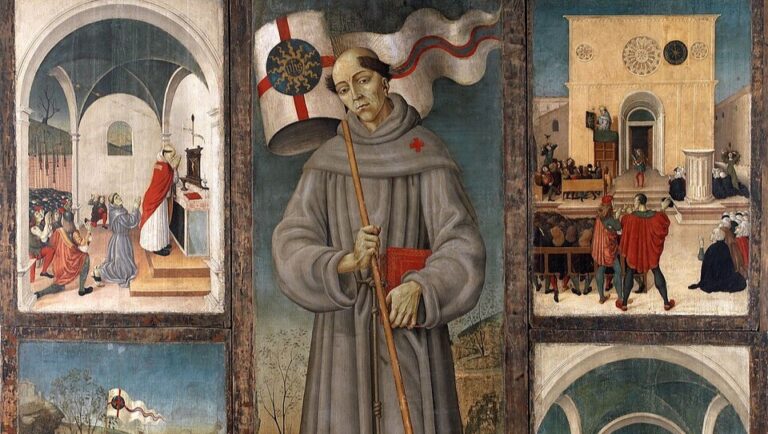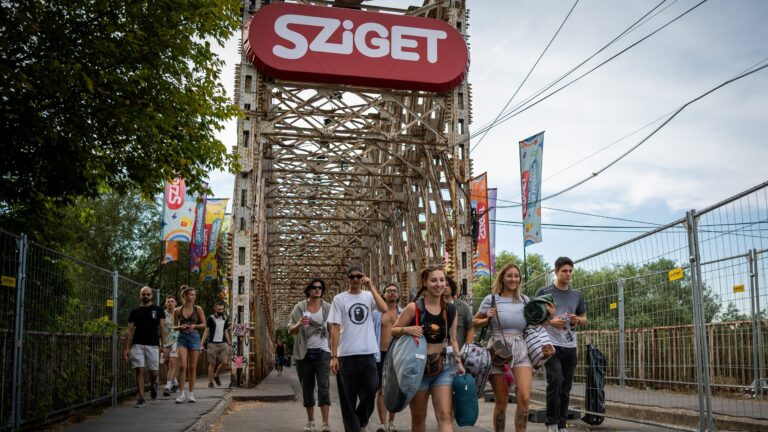At a recent event organised by the Migration Research Institute (MRI) in cooperation with the Mathias Corvinus Collegium (MCC), Eszter Petronella Soós, an adjunct professor of the Milton Friedman University and Omar Sayfo, a researcher at the MRI, discussed the underlying causes and consequences of the devastating France riots.
As we reported in an earlier Hungarian Conservative article, the incident that sparked the riots occurred after a police officer shot and killed a 17-year-old Algerian Muslim, Nahel M., during a traffic stop in Nanterre, west of Paris. After the incident, a swarm of youths, mainly from immigrant backgrounds, took to the streets, setting thousands of cars and garbage cans on fire across the country during the nights of the riots. They also attacked public buildings, such as mayoral offices and police stations and looted and vandalised shops, destroying the livelihoods of small business owners. According to police data, 760 law enforcement officers were injured, and nearly 2,900 rioters were arrested. Meanwhile, the wave of violence spread to Brussels, Belgium and Lausanne, Switzerland, near the French border.
According to The Spectator, the recent violent events in France have boosted the popularity of Eric Zemmour, the leader of the opposition right-wing Reconquest party. Zemmour entered French politics in late 2021 precisely to propose solutions to the failed immigration policy. After losing last year’s elections, however, the Reconquest party was for a while considering broadening their platform so they would not only focus on the dangers of immigration and Islam. But the surge in the number of migrants crossing the Mediterranean into Europe last summer and a series of violent attacks committed in France by foreigners dissuaded the part from doing so, and the it decided to stick to their original messaging. Nicolay Bay, the party’s vice-president, declared last December that ‘France is waging a civilisational war to preserve its age-old identity, which is threatened today by the combined effect of uncontrolled immigration and an Islam that seeks to conquer.’ While the United Nations and the magistrates’ union in France blame the riots on the ‘racism’ of the police, Zemmour and his party believe that immigration is the underlying cause. Zemmour has highlighted as a root cause of the societal tensions that over the last 20 or 30 years, France has continued to receive hundreds of thousands of people from North Africa and [sub-Saharan] Africa.
Decades of Tension Resulting From French State’s Inability to Eliminate Social Inequalities and Ethnic Differences
Eszter Petronella Soós explained that the current events in France fit into a long historical context, as French politics is facing a 30-40-year-old debt. She highlighted that riots in France are not a new phenomenon as similar nationwide unrests began already in November 2005. According to the expert, however, there are many differences compared to what happened nearly twenty years ago. While this year’s riots lasted for a shorter time, they caused much more damage and impacted the entire nation, whereas in 2005, the street upheaval was limited to the suburbs and so-called ‘difficult’ neighbourhoods. She added that the intensity of the violence
and the role of social media in spreading news about the riots were also unprecedented.
Soós also highlighted that the riots were caused by decades of tension resulting from the French state’s inability to eliminate social inequalities and ethnic differences. She cited the analogy of broth boiling in a pot with the lid on, which is bound to boil over after a while.
Sayfo explained that the mainstream media lacked independence in their coverage of the riots, with each outlet presenting events in accordance with their partisan skew. He emphasised that interestingly, the Arab press reacted to the events with particular indifference; at the same time, these platforms also admitted that the organisers of the riots were extremists, and disassociated themselves from them.
At the same time, the researcher pointed, slogans supporting the rioters appeared on social media in the Arab world.
Soós highlighted that the French media showed a pro-order stance as the riots escalated, but the opinions on them were formulated on a party political basis.
While the left blamed social problems for the protests, the right saw the failed French migration policy as the culprit.
However, the expert pointed out, the possibility of a change of government quickly took the focus off the protests. She also explained that the question of parental authority arose after the riots, as many violent protesters were teenagers and youths. As Hungarian Conservative also noted, the older brothers and other family members of a significant number of those rioting had taken part in the 2005 unrests, so there was no parental authority that could deter them from violent acts.
French Society’s Reaction to Emerging Islam: Strengthening the Principle of Laïcité
According to Omar Sayfo, the roots of the France riots go back to the start of mass immigration in the 1960s, when many from former French colonies arrived in France as cheap labour. He highlighted that unlike in Germany and other European countries, in France immigrants lived in the outer districts of cities, separated from mainstream society, which led to the formation of a hybrid society. In addition, Sayfo stressed, while in the UK immigrants with similar backgrounds tend to live in the same neighbourhoods, in France, there are areas with migrants from different backgrounds. The culture of the young immigrants living in these hybrid societies is primarily determined by the counterculture imported from the US, and
the rap and hip-hop subcultures have been strengthening the self-perception of these youth of being outsiders and victims of oppression.
Sayfo also emphasised that after 9/11, the issue of migration was ‘Islamised’ not just in France but in other European countries as well. He highlighted that while religion is part of the identity of these young rioters with immigrant backgrounds in France, it is far from being the defining factor of who they are. He pointed out that this is evidenced by the lifestyles of most of those involved in the violence, which can be contrasted with that of observant Muslims who do not consume alcohol and marijuana.
The researcher also remarked that the people responsible for the attempted Islamisation of Europe are typically extremists who were not tolerated in their own countries and thus ended up in Europe. These people are trying to lend an identity to fourth and fifth generation young immigrants whose Muslim culture had been uprooted. According to Sayfo, while first-generation immigrants are cultural Muslims who practice their faith as a result of an organic cultural development going back hundreds of years, the fourth and fifth generations are a crowd with no roots who tend to build their identity based on radical Salafist doctrines.
According to Eszter Soós, the growing number of immigrants and Islam becoming the second religion in France has led to questioning the principle of laïcité, which strictly the State from the Church. Soós explained that the principle was introduced in 1905 when Islam wasn’t a widespread religion in the country. The expert emphasised that in accordance with the principle of laïcité, or secularism, there is no state religion in France; the State neither recognises, nor subsidises or salaries any form of worship and prohibits the display of religious symbols in public areas, but churches on their own premises are given for free use of them.
She highlighted that the problems started when Muslims who did not have mosques at the time had to pray in the streets, which conflicted with the principle of laïcité. The French state reacted to the emergence of Islam not by rethinking its strict secularism, but by strengthening it. The expert reminded that when in the 80s, Muslim girls started to go to school wearing headscarves, the French government banned headscarves in schools. She added that the rule that prohibits the display of religious symbols in public institutions in fact applies to every religion, so wearing a cross or a Star of David or any other religious symbols for that matter is also forbidden in schools.
On another note, Soós emphasised that there is no such thing as a unified Islamic community in France and that the separate communities, which usually live in poorer districts, receive financing from various foreign organisations. Due to the security risks posed by foreign influence, the French state has developed tools to control foreign donors and shut them down if they are deemed a threat.
Riots Bring About Shift to the Right and Law and Order Sentiments
Soós explained that the issue of how many immigrants can be integrated into French society has been a topic of debate since the Phillippe government. She highlighted that a few months ago, Macron proposed a bill which included that, on the one hand, illegal migrants who already have a job and pay taxes could be granted a residence permit, but on the other hand, those asylum seekers whose applications have been rejected—–which involves around 600–700 thousand people—would be removed from the country more effectively. This proposal was deemed to be too left-leaning by the right and too right-leaning by the left. Since Macron’s proposal was rejected, the Republicans have proposed two bills in recent weeks. The first one was a constitutional amendment proposal which included that France should opt out of the European regulations regarding migration policies and that the government should hold a referendum on migration. The other bill proposed stricter regulations of migration policies like limiting family reunification and requesting that if the Borne government’s migration policy is deemed not sufficiently strict, a no-confidence motion be submitted against the government. The expert added that a new poll found that
six out of ten French citizens would like to see migration laws tightened in the wake of the protests.
Concluding the MRI discussion, Sayfo Omar highlighted that similar riots could break out again soon as, in his view, the underlying problems are too complex and challenging to solve in one or two legislative periods. He added, however, that the authorities, including law enforcement have definitely drawn their conclusions from the recent violent protests and will be better prepared for future unrests.
Read more on the topic:

